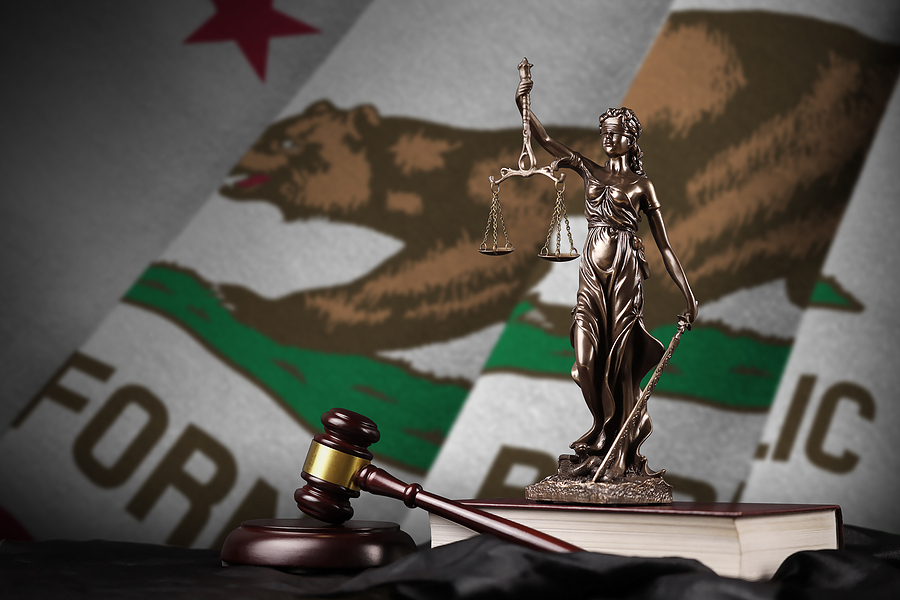Many changes keep happening as the Coronavirus Pandemic continues to grip the U.S. Among the changes are updates to California’s version of the Family and Medical Leave Act (FMLA) known as the California Family Rights Act (CFRA).
Federal and California laws protect workers from job loss related to illness, childbirth, or family care. The Family and Medical Leave Act (FMLA) was signed into law under the Clinton Administration in 1993. At the time, it provided men and women with up to 12 weeks of unpaid time off for medical reasons, care of an immediate family member, care of a newborn, adopted, or fostered child, pregnancy, and childbirth. If partners or spouses working for the same company had a new child, they had to share the 12 weeks of unpaid time off.
The California Family Rights Act was updated back in March as the pandemic started. At that point, it stated workers would get “up to 12 weeks of job-protected leave to care for a parent, spouse, or dependent child with a serious health condition” and COVID-19 counted as one of those health conditions.
Under the FMLA and COVID-19 protections, employers do have to treat people with certain health conditions at a higher risk of serious illness or complications as having a disability. The employee must be granted reasonable accommodations as long as it doesn’t cause undue hardship such as a financial burden or severe production loss.
For example, a worker with severe asthma asks to stop working with the public as a store cashier. That request could be met by transferring the worker to unloading trucks in the stock room or by filling online orders.
The basic rules for CFRA were that California employers had to have at least 50 employees within a 75-mile radius of the company. Employees who were considered to be “key employees” were exempt from this protection. Qualifying employees get 12 weeks of unpaid time off to take care of their newborn, adopted or fostered child, spouse, or parent. To qualify, the employee must have worked at least 1,250 hours in the past year.
While those protections helped, the long duration of the Coronavirus Pandemic has led to issues for many families and employers. Those who get the virus may need months to recover. If multiple family members get it, 12 weeks isn’t enough, which puts jobs at risk. Plus, the original laws only protected parents, children, and spouses, it left out grandparents, siblings, and domestic partners, all of whom could be living at home with the employee.
Changes to the CFRA Take Effect January 1st
Starting on January 1st, the CFRA will be changing. One of the biggest changes is the 12-week rule. Twelve weeks (three months) wasn’t a lot of time. Governor Gavin Newsom expanded CFRA to provide parents of a newborn child with up to six months of leave. Each parent gets 12 weeks and no longer has to split the time with the other parent. It also expanded the definition to include siblings, grandparents, grandchildren, and domestic partners.
A few other changes are included in the new CFRA. Plus, the provision now covers employers who have as few as five employees. Employees who are considered to be “key employees” are now protected by the CFRA. Companies with employees farther than 75 miles away still have to abide by CFRA rules.
Things CFRA and FMLA Do Not Protect Against
What do the CFRA and FMLA not protect against? Parents can’t keep taking time off work to be with their kids who aren’t in school. FMLA traditionally only covers 12 weeks, and it doesn’t cover the care of healthy children. While it would cover children or others diagnosed with COVID-19 and requiring inpatient care or continuing care from a physician, healthy children who can’t go to school are not covered by FMLA or CFRA rules.
As classrooms reopen, some grades are using a hybrid model where some students go certain days or hours and switch with the other group for the rest of the week. On days no students are in the schools, classrooms are sanitized. While this may be the best way to stop the spread, it’s tough on parents who have to return to work. They can’t be at home with their children when they need to be at work.
If this is the situation you’re in, the Department of Labor’s Wage and Hour Division enforces the laws under the Families First Coronavirus Response Act. This act took effect on December 31, 2020, and helped families who were struggling with childcare issues due to the pandemic. The FFCRA stated all employees can have:
- Up to 80 hours of paid sick leave when the employee is quarantined due to COVID-19 due to a government order or when experiencing symptoms and awaiting results of the medical test.
- Up to 80 hours of paid sick leave at 66% of the normal rate of pay (up to $200 max per day) because a school or daycare is shut down due to the pandemic.
If an employee has been employed for at least 30 days, there’s up to 10 additional weeks of paid expanded family leave at 66% of the normal rate of pay (up to $200 max per day) for families who are dealing with school and child care closures.
Even with that protective act, it only provides 12 weeks of partially paid care. It may not be enough to help you and your family. Talk to your employer to see if additional measures can be implicated. If you have been laid off due to difficulty securing childcare or after becoming ill or caring for someone with COVID-19, seek legal advice.
Changing laws make it hard to know what your rights are when it comes to FMLA and CFRA. Your job should not come before your family or your health. Our expertise ranges from discrimination in the workplace to retaliation. Schedule a free consultation with Shegerian Conniff.

